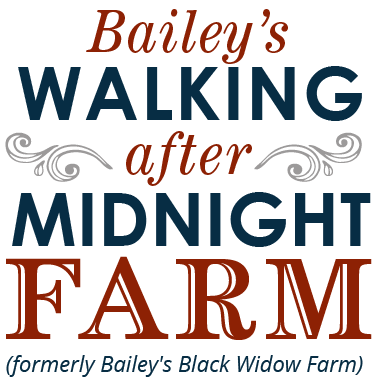News
“I Want You To Be Happy“
By Cathy Ponton King
Great music for trail rides and hanging out in the beautiful Blue Ridge mountains! The Song “I Want You To Be Happy” from the “The Crux” album. Visit and support our friend Cathy, her website is http://www.cathypontonking.com/
Stress Reduction, Confidence Building, And Other Benefits
By Melissa Bailey
When we think of a trail ride, most people picture walking through the woods on the back of a 1000 lb. animal, looking at trees, listening to birds singing, smacking a flew flies and if we’re lucky, cantering through an open field.
Winston Churchill is noted for saying “The outside of a horse is good for the inside of a man.” Why is this so? How can we take a trail ride and not end up in the bushes? The answer is that just being around a horse builds confidence and inspires leadership. Even for a novice, showing the horse that you are his leader, will translate that confidence to the horse for that ride. Scientific research shows that riding horses reduces stress and builds confidence, yet it’s mostly in a subconscious experience.
It might not be a cardio work out, but none the less, trail riding requires using core body strength to stay balanced and keep the horse between you and the ground. Instinctually we are focused on “the now,” sitting astride the horse. Horses don’t know that we aren’t horses. They are wondering “Who’s in charge here? You or me?” It’s up to the rider to show leadership skills, and with some simple instruction this can be conveyed even to a novice rider. Trail riding should not be getting on the horse, holding onto the horn and hoping for the best. It doesn’t take the horse long to figure out if they can head back to the barn on their terms or ours.
There is a psychologically pleasing element to being in a horse’s company. Horses sense our moods. Subconsciously, we either pick up the reins and give instruction to the horse, or hold onto the horn and hope for the best. When we gain the horses respect, our confidence soars.
There are also muscle development benefits. Even realizing so, you will create stronger core body strength. Novices initially sit with a slumped body posture, but with a little instruction, the rider finds confidence from sitting straight up and centered. The feeling of balance on your horse feels better. It’s empowering.
Some breeds of horses are more suited to trail riding than others. If a rider is looking to reduce impact from bouncing (at a trot), then perhaps a trail ride on a “Gaited” horse (such as a Tennessee Walking Horse) which does a “Running Walk” instead of a trot, is the answer. Gaited horses (and this include a number of breeds) are known for their forgiving personality and calm nature. They are especially good for novice riders. Imagine holding a glass of water on the back of a horse, cruising through the trails, and NOT spilling a drop! Riders with back or hip pain can ride a gaited horse in comfort, and the movement of the running walk can loosen tight back muscles and increase circulation.
When we are “under saddle,” we gain patience as we focus on our balance and stay “tuned in” to read how the horse is reacting (or not) to the surroundings and to our ability to provide direction. If the horse is walking in a relaxed manner, his head should be a little down. Horses talk to us in part with their ears. The ears tell us if the horse is agitated or relaxed. When the horse’s ears are forward, his mind is thinking about what is down the trail. If the horse stops with the ears straight forward, the horse might be sensing something happening up ahead that we can’t see (yet). When we talk to our horse his/her ears can be like radar.
A trail ride on a horse we trust can change a sad mood into a carefree mood. The horse senses our feelings but bring the best in us forward. Looking at deer in the woods, realizing that your friend is NOT on her cell phone, is rewarding. Allowing your horse to splash through the stream will put a smile on your face that will be slow to fade.
